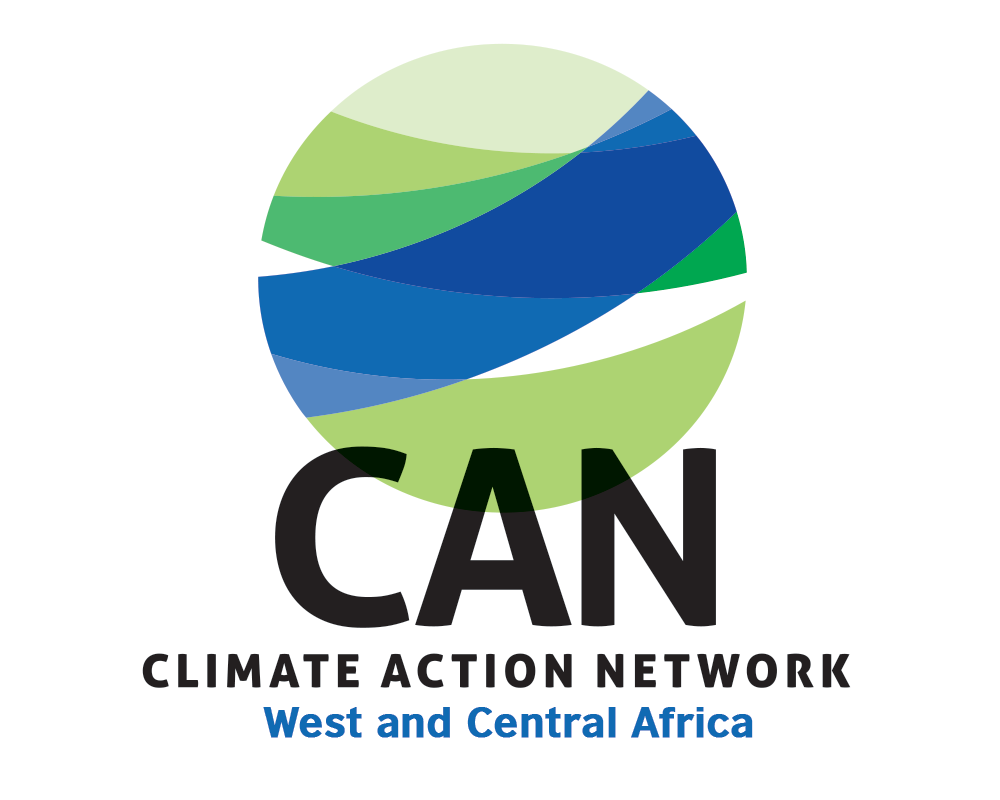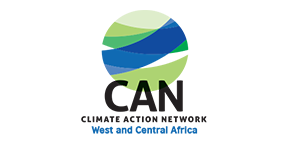
Climate Action Network
About CAN WA
It is an active network of about 50 organizations working to promote successful initiatives aimed at adapting to the effects of climate change, building community resilience and climate justice. West and Central Africa, a region heavily impacted by recurrent droughts, floods, sea level rise, desertification and land degradation, has a disparate number of initiatives driven by civil society organizations fighting the effects of climate change. The need to create alliances and coalitions justifies the action of our network, which, in order to be operational, seeks to interconnect its members by developing complementary actions that can contribute to achieving its objectives.
The objectives of the Climate Action Network in West Africa are to pool the efforts and means of intervention of member organizations that are working to eradicate the problems of underdevelopment, particularly those related to the environment and climate change. It is in fact a synergy of several visions sharing the same ideal of establishing a flourishing and more just society. Bringing together members of civil society, local communities and scientists, the network is active in several sectors: biodiversity, renewable energy, agriculture, natural resource management, food security, research, etc.
We work and advocate every day to advance policies, practices and promote solutions and good practices to address the climate crisis
Our vision
To jointly build with all stakeholders a more just, sustainable and equitable society. To position ourselves as a strong and inclusive network able to influence the design and implementation of ambitious climate and sustainable development policies in West and Central Africa.
Our mission
Developing expertise on climate change policies (adaptation, mitigation, NDC)
Supporting the development and implementation of climate change policies at the local, territorial, national and regional levels
Communicate, raise awareness of the different categories of actors, especially youth and vulnerable groups, on climate issues and how to deal with them
